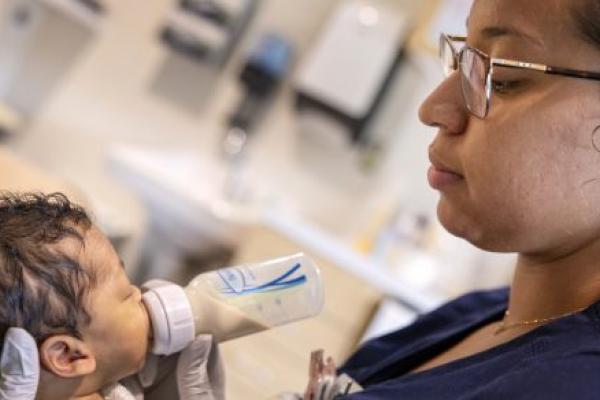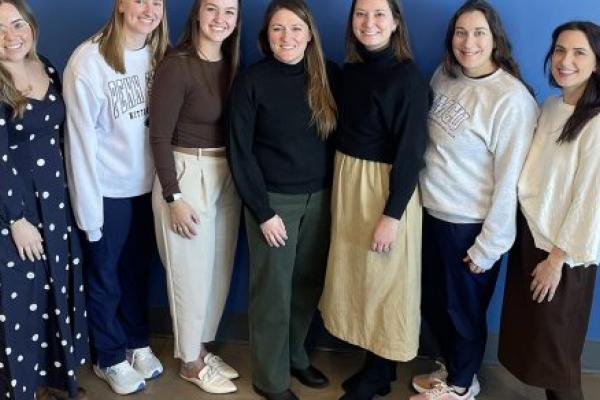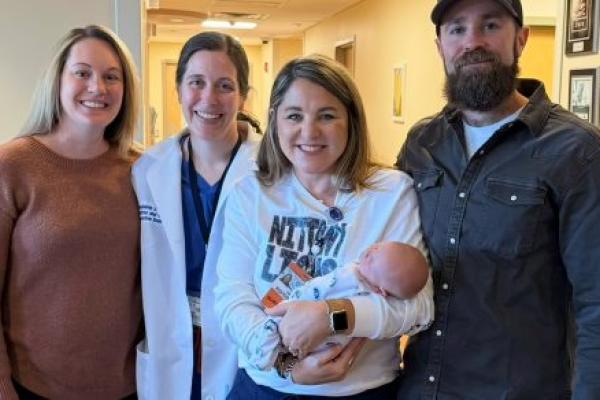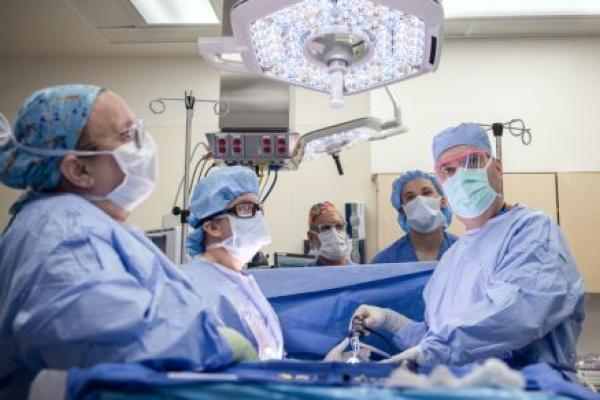Expert care for neurofibromatosis
Add At Penn State Health Golisano Children’s Hospital, a team of doctors from different specialties works together to give comprehensive, personalized care to children with neurofibromatosis and related conditions. One of the most common genetic disorders in the U.S., neurofibromatosis (NF-1) causes tumors to form on the nerves anywhere in the body at any time.
Our care team includes specialists in brain and nerve tumors (neuro-oncology), brain surgery (neurosurgery), vision (ophthalmology), bones and joints (orthopedics), skin (dermatology), and child development and learning (neuropsychology), along with many other pediatric experts.
Recognized as a Specialty Center by the Neurofibromatosis Clinic Network, we are prepared to help from diagnosis through preventative care, so your child lives longer and feels better. In addition to advanced surgical and medical treatments, we provide comprehensive support for the cognitive, neurological and emotional challenges your child may face. From rehabilitation and symptom management to emotional care, our team is here to support both you and your child every step of the way.
Clinical trials and research
At Penn State, we are committed to clinical and translational research to improve preventative care, better understand disease and drive advances in treatment.
Discover the latest pediatric clinical trials, and be part of tomorrow’s health care breakthroughs.
Meet the Team
Additional resources
- Children’s Tumor Foundation - serves as the drug discovery engine for neurofibromatosis.
- Neurofibromatosis Clinic Network - recognizes clinics that provide comprehensive medical care, foster patient education and encourage participation in clinical research trials.
- Neurofibromatosis Network - advocates for federal research funding, builds supportive communities and promotes national events.
- Society for NeuroOncology - supports the fight against brain cancer through research, education and collaboration.











